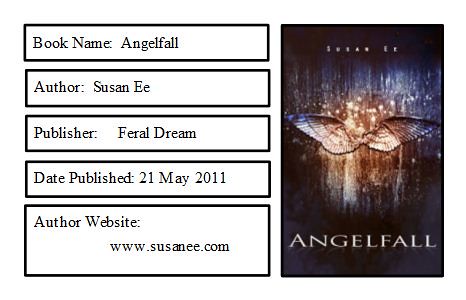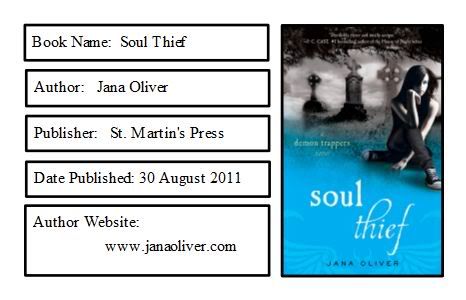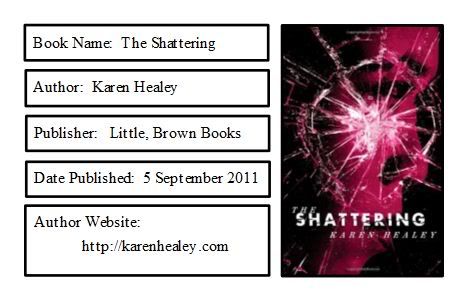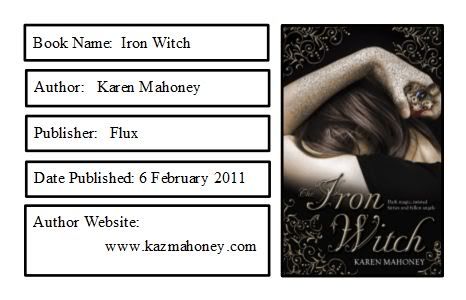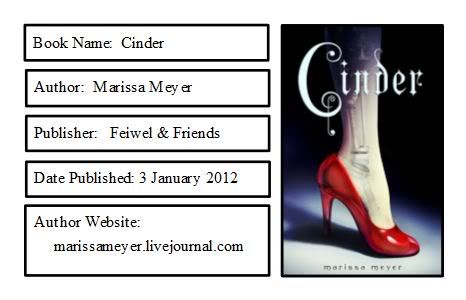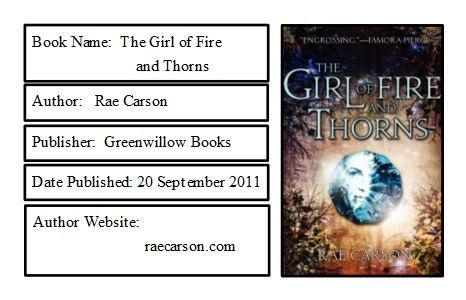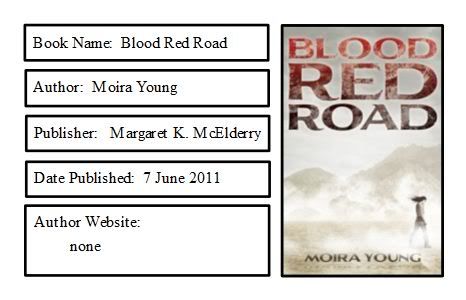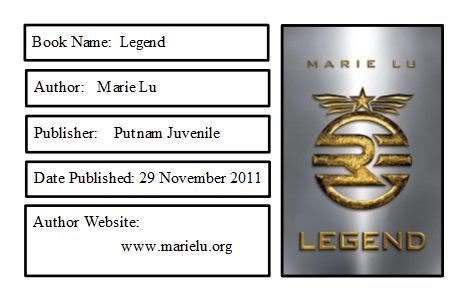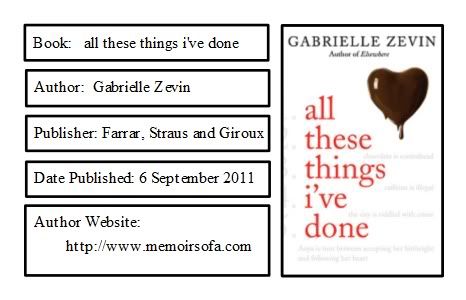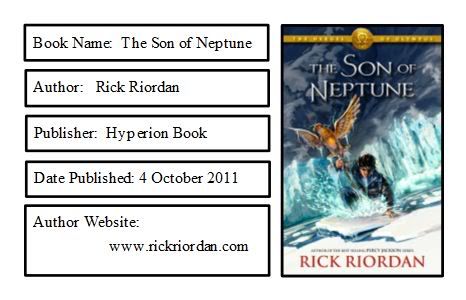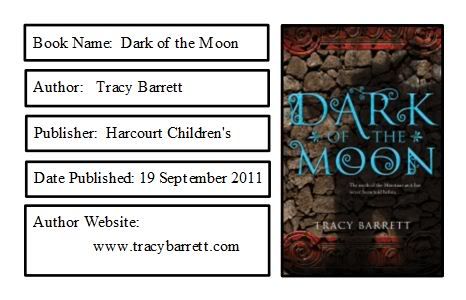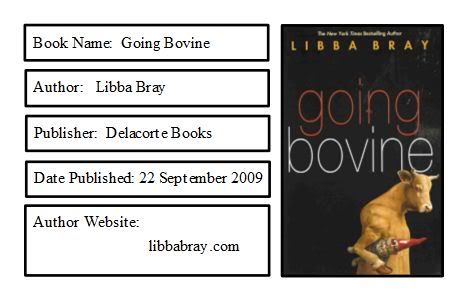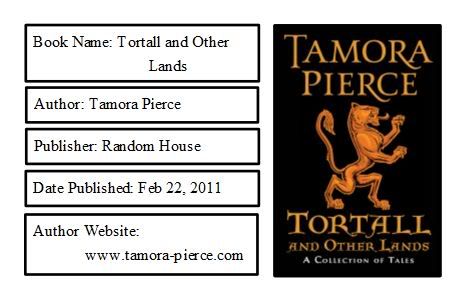
Collected here for the first time are all of the tales from the land of Tortall, featuring both previously unknown characters as well as old friends. Filling some gaps of time and interest, these stories, some of which have been published before, will lead Tammy's fans, and new readers into one of the most intricately constructed worlds of modern fantasy.
This anthology of short stories by my most favorite author ever, Tamora Pierce, came out early in 2011. With the Hugo awards coming up I wanted to be sure and review it because I will be nominating one of the stories for an award and I think other people should consider the stories when making their nomination choices.
Student of Ostriches: To be honest this story wasn’t one of my favorites, but I think that is because it is a reprinting of a story included in the Young Warriors anthology so I have had a few years to read and absorb it. I like the idea of following a female trying to become a Shang warrior, though, and it gives me hope that some day Pierce will write a set of books based on a girl (or even a boy) training to become Shang.
Elder Brother: This is the most intriguing story in the book. When Numair turns the rogue sorcerer Tristan into a tree in
Wolf-Speaker he said that the rebound of the spell was that somewhere a tree turned into a man. Qiomis that tree. This story is the sad, funny, emotional tale of his first days learning to live not as a tree but as a man. It also introduces the harsh muslim-like culture that will feature in Hidden Girl.
The Hidden Girl: A story of a girl traveling with her preacher father and her attempts to educate women in religion just like her father educates her, and to take his place after he dies. This is a very interesting story to compare with current events in the Middle East and the efforts of women there.
Nawat: This is the story of Nawat Crow, the bird who took human shape for the love of a girl, and a story about that girl. Nawat and Aly have gotten married, you see, and Aly is about to have children. Told with Nawat’s voice, the story illustrates how difficult it was for the crows-turned-human to integrate their crow society into human society and how their animal instincts still cause them to do animal things like Nawat’s nesting and pestering of Aly before she gives birth. After the children are born Nawat is faced with a horrible choice, and the result is heart-rending no matter how you look at it.
I will be nominating this story for a Hugo.
The Dragon's Tale: This was one of my favorite stories in the book. It is hard to remember that Kitten, Daine’s baby dragon companion, is a sentient being that just cannot communicate vocally yet. This story took Kit’s voice, which Pierce crafted as delightfully shrewd and yet playful, just the personality a baby dragon should have. I loved watching Kit work out how to accomplish her task, and although the end ing was a little deus-ex-machina it left me smiling.
Lost: This is the story of a girl with a gift for math. I liked how Pierce used the Tusiane society to parallel some of the things that girls face nowadays when they decide to put serious study into the maths and sciences. The introduction of new Darkings is also a delight as always.
Time of Proving: This story shows a great logic fallacy that I’ve always found funny: why does a rampaging dragon want virgin sacrifices anyway? In a funny story about a cloth merchant Pierce explores this common fairy tale trope with a fun new twist.
Plain Magic: I loved the premise of this story: who in the world thought that dragons needed a virgin sacrifice, and how stupid is that? Tonya is a great girl, and in the tradition of Pierce’s female leads she knows what she wants and figures out how to get things out of the way so she can have it. The old peddler, Lindri, also had me smiling with her practical manner and her kind demeanor.
Mimic: I thought this was one of the few so-so stories in the book. Perhaps that is because I didn’t really have a clear indication of where the book was set. It seemed to be in Tortall, but the dragons didn’t work in the same way, which confused me the whole way through the story (I had almost convinced myself that Mimic was a basilisk). It didn’t end badly, but my confusion left me feeling less than favorably about it.
Huntress: I downright disliked this story. The premise was nice: a scholarship teen tries to fit in with her rich private school classmates and is saved from bullies by the goddess her family worships. The way it worked, though, with kids killing homeless people and the goddess killing them in turn, seemed really unnecessary. It was too violent for my liking.
Testing: I’ve met Tamora Pierce. She is very short, very soft-spoken, and yet has very strong opinions and looks like she can be tough-as-nails when she needs to be. She reminds me very much of my grandmother who was also short, soft-spoken, and yet willing to wrestle a 3’ snapping turtle when necessary (yes, there’s video). This made the story Testing a lot more interesting to me. I could imagine the reactions to the mischiefs of the girls and see the twinkle in Pierce’s eye as she got them to come around.
In all this book was great. I love seeing Pierce’s craft applied to shorter snippets of work. I also really liked getting some stories in a male voice, something I think Pierce does well but has been scarce in her book series. As I said above I was absolutely delighted with Nawat and I think it is one of the best stories to come out this year. I suggest this book to anyone who is a fan of Pierce’s work or to someone who has heard of her and wants to taste her writing style.
